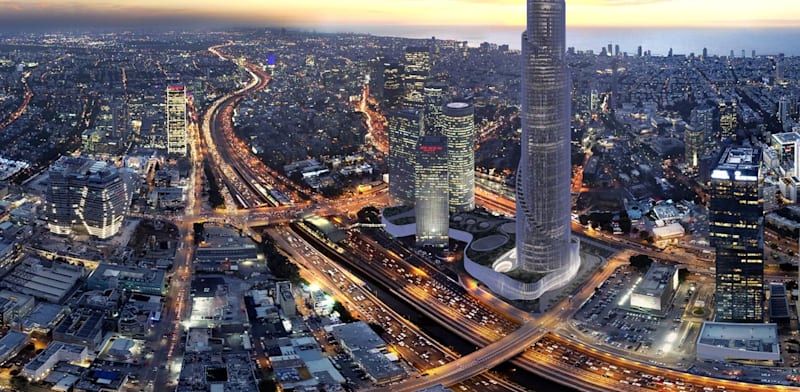With the goal of completing the country’s first bullet train project between Mumbai and Ahmedabad by 2026, the National High-Speed Rail Corporation Limited (NHSRCL) is actively seeking indigenous technological solutions to build the infrastructure under the ‘Make-in-India’ vision.
As construction progresses on the bullet train project, highly sensitive geotechnical monitoring instruments are being utilized to ensure the safety of civil structures and service utilities at and around the construction sites in Maharashtra for the bullet train corridor.
“Instruments such as inclinometers, vibration monitors, ground settlement markers, and tilt meters have been strategically installed at and around the construction sites to monitor various factors like tilt, settlement, vibration, cracks, and deformation. These instruments play a crucial role in safeguarding ongoing underground works and structures in the vicinity,” stated an official.
The geotechnical instruments are linked to their respective modules for recording and monitoring activities, enabling timely identification of potential risks and interventions to mitigate them. Additionally, dust and noise monitors are being set up at construction sites to ensure compliance with noise and air pollution regulations.
Construction activities are currently underway for the 21 km long underground section of the Bullet Train corridor in Mumbai and Thane districts, involving excavation for an underground Bullet Train station at Bandra Kurla Complex and construction of shafts and portals for tunneling works.
The project has also adopted mechanized track installation machinery, including the J-Slab track system based on the Japanese Shinkansen track system, a first in India.
“For the 352 km alignment in Gujarat & DNH, 704 km of track will be laid on viaducts, along with two bullet train depots at Sabarmati and Surat. The track installation process is fully mechanized with cutting-edge machinery designed as per Japanese standards, some of which are now being manufactured in India as part of the Make-in-India (MII) initiative,” added an official.
Despite delays in land acquisition causing a setback, Railway Minister Ashwani Vaishnav recently assured that the project will be completed by 2026.
The project, funded by the Japan International Cooperation Agency (JICA) with a soft loan of Rs 88,000 crore, has a total cost of Rs 1.10 lakh crore and will cover a distance of 508 km between Mumbai and Ahmedabad in approximately 3.5 hours.
















![The 15 Best Python Courses Online in 2024 [Free + Paid]](https://news.pourover.ai/wp-content/themes/jnews/assets/img/jeg-empty.png)





